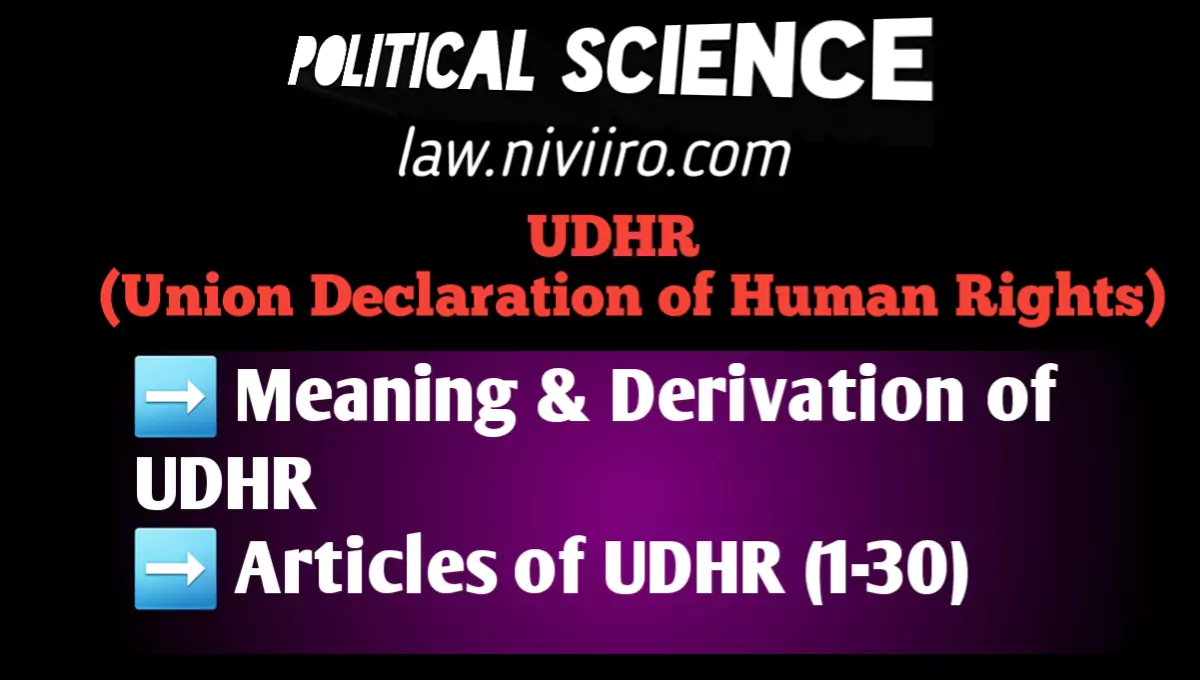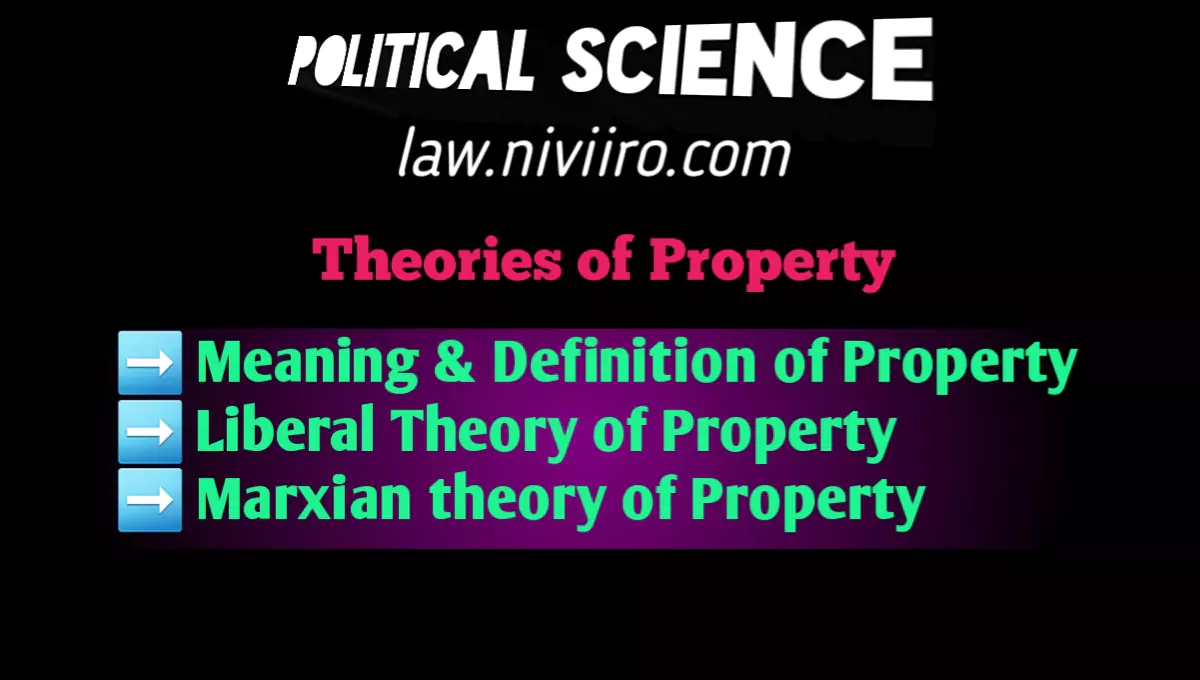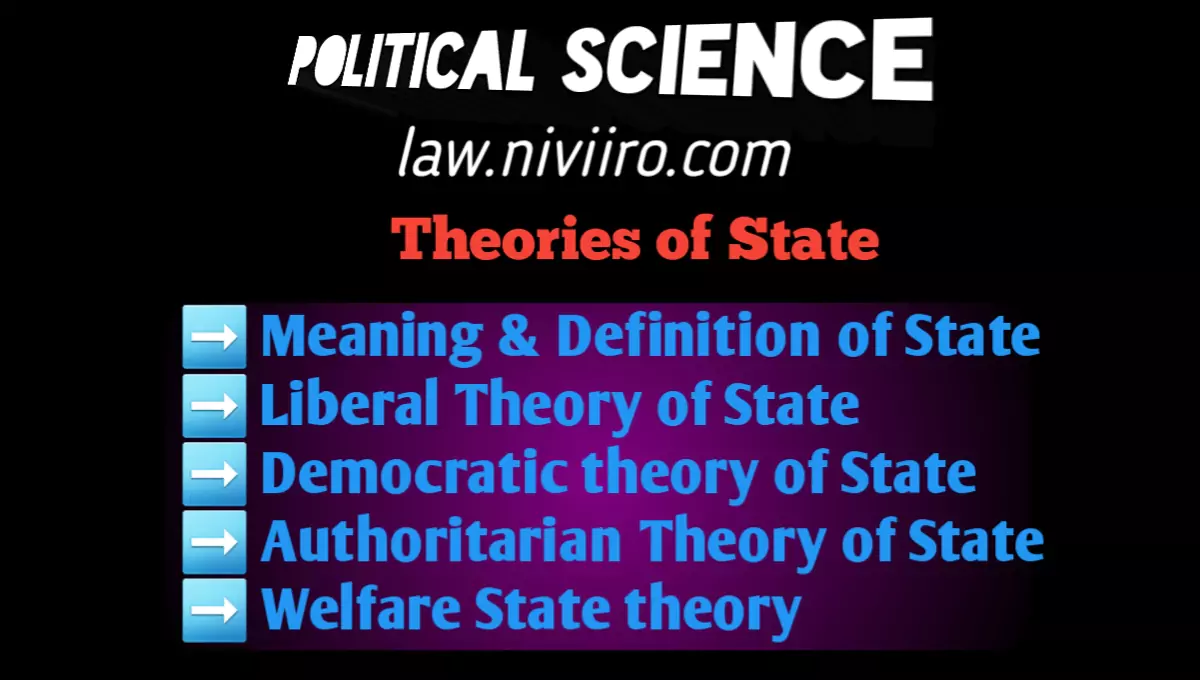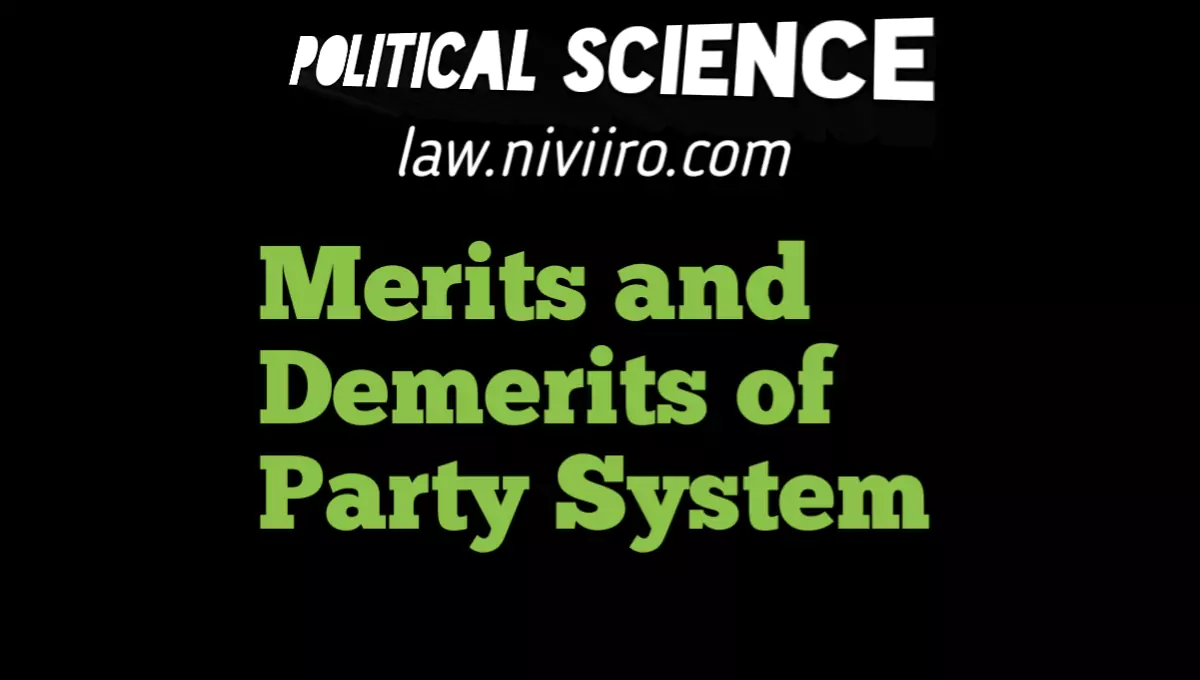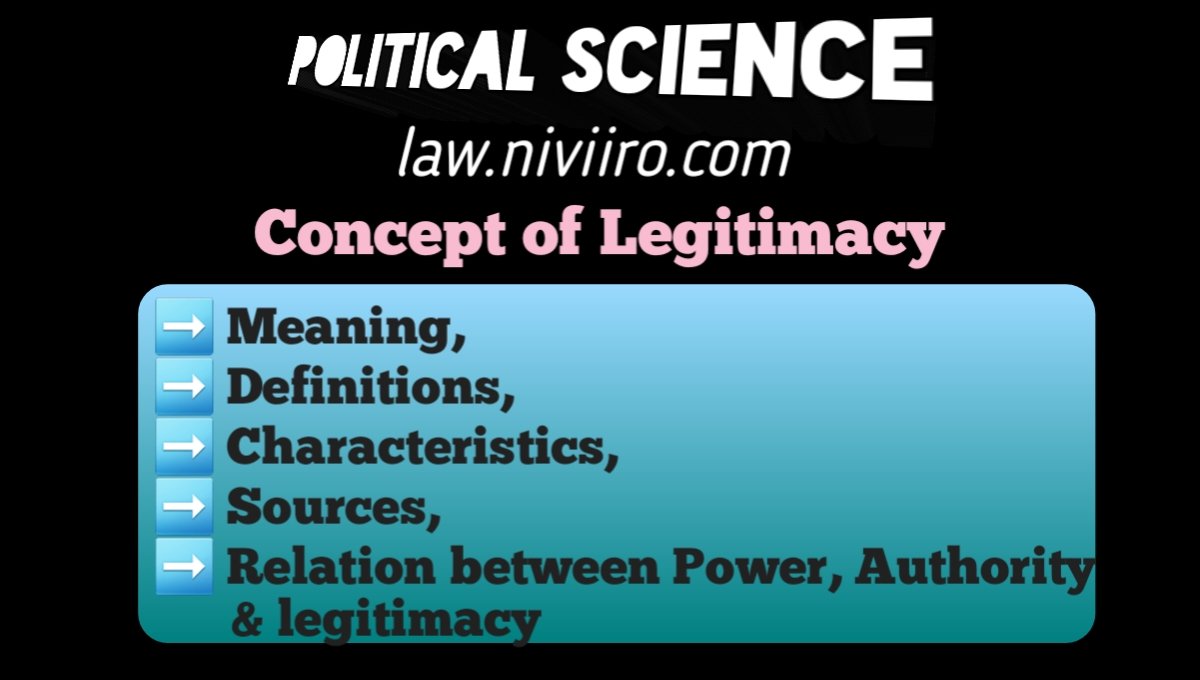The Universal Declaration of Human Rights is an international declaration of fundamental human rights. The Universal Declaration of Human Rights (UDHR) is a document that was adopted by the United Nations General Assembly in 1948. On December 10, 1948, the United Nations General Assembly made these declarations at the Palais de Chaillot in Paris, France. Out of 58, 48 members of the UN at the time voted in favour, none against, 8 abstained, and 2 did not participate in the vote.
There are 30 articles in this declaration that uphold each person’s rights. These 30 articles outline the fundamental rights and freedoms that are entitled to all human beings including the rights to life, education, organisation, and fair treatment. The freedom of opinion, expression, thought, and religion is also covered, regardless of race, color, religion, sex, language, political or other opinion, national or social origin, property, birth, or other status. There are thirty fundamental human rights that are acknowledged worldwide.
Here are full list of 30 human rights according to Universal Declaration of Human Rights (UDHR) by United Nations, signed in Paris on 10 December 1948.
Articles of Universal Declaration of Human Rights
Article 1 : All human beings are born free and equal in dignity and rights. They are endowed with reason and conscience and should act towards one another in a spirit of brotherhood.
The inherent worth and equality of every human being are affirmed in this article. It states that everyone is born with certain inherent rights, such as the right to liberty and equality, and that these rights are independent of any outside factors like race, nationality, religion, or social standing. Discrimination based on race or ethnicity is an illustration of a violation of the principles outlined in Article 1. An example of a violation of someone’s right to equality and dignity would be if they were denied employment or equal treatment due to their race.
Article 2 : Everyone is entitled to all the rights and freedoms set forth in this Declaration, without distinction of any kind, such as race, colour, sex, language, religion, political or other opinion, national or social origin, property, birth or other status. Furthermore, no distinction shall be made on the basis of the political, jurisdictional or international status of the country or territory to which a person belongs, whether it be independent, trust, non-self-governing or under any other limitation of sovereignty.
This article establishes the non-discrimination principle, which states that everyone has the same rights and freedoms as those listed in the UDHR, irrespective of any individual traits or environmental factors. This includes the right to respect and protection against discrimination.
If someone is denied access to education due to their race or ethnicity, that would be a violation of Article 2. This would be an instance of discrimination that goes against the non-discrimination principle.
Article 3 : Everyone has the right to life, liberty and security of person.
The rights to life and freedom from arbitrary arrest or imprisonment are upheld in this article. The right to security, or the right to be safe from harm or danger, is also established. A person would be in violation of Article 3 if they were arbitrarily detained and arrested, or if they were the target of abuse or violence that put their physical safety in danger.
Article 4 : No one shall be held in slavery or servitude; slavery and the slave trade shall be prohibited in all their forms.
Any form of forced labour is forbidden by this article, including slavery. It defends the freedom from exploitation and the right to have control over one’s own life and career. A violation of Article 4 might occur if someone is coerced into working against their will, without compensation, or under duress.
Article 5 : No one shall be subjected to torture or to cruel, inhuman or degrading treatment or punishment.
Torture and other cruel, inhumane, or degrading practises are prohibited by this article. It safeguards the right to be treated with respect and dignity and to be shielded from maltreatment or abuse. Torture or other cruel, inhuman, or degrading treatment while a person is being held captive or detained would be an illustration of a violation of Article 5.
Article 6 : Everyone has the right to recognition everywhere as a person before the law.
The right to equal treatment under the law and the right to legal recognition and protection are both affirmed in this article. It establishes that everyone has the right to have the law uphold and recognise their legal rights and obligations. If a person is denied the right to a fair trial or is subjected to discrimination in the legal system because of their race, religion, or other personal traits, this would be an example of a violation of Article 6.
Article 7 : All are equal before the law and are entitled without any discrimination to equal protection of the law. All are entitled to equal protection against any discrimination in violation of this Declaration and against any incitement to such discrimination.
This article affirms the right to equal protection under the law and forbids discrimination in the legal system. It establishes that everyone has a right to fair treatment and legal protection regardless of any individual characteristics or environmental factors. If a person is treated unfairly or differently in the legal system due to their race, religion, or other personal characteristics, that would be an example of a violation of Article 7. This might entail not receiving the same legal protections as others or facing more severe penalties for the same offences.
Article 8 : Everyone has the right to an effective remedy by the competent national tribunals for acts violating the fundamental rights granted him by the constitution or by law.
When one’s fundamental rights are violated, this article affirms the right to an efficient legal remedy. It establishes that everyone has the right to look for justice and hold those responsible for rights violations accountable. If a person is subjected to human rights violations, such as torture or discrimination, and is not given an effective legal remedy or the chance to seek justice, this would be an example of a violation of Article 8.
Article 9 : No one shall be subjected to arbitrary arrest, detention or exile.
This article affirms the right to protection from arbitrary detention and exile while also outlawing these practises. It declares that detention or exile must adhere to the law and cannot be done in an arbitrary or capricious manner. A person being detained or arrested without a warrant or being forced to leave their country without a good reason would both be violations of Article 9.
Article 10 : Everyone is entitled in full equality to a fair and public hearing by an independent and impartial tribunal, in the determination of his rights and obligations and of any criminal charge against him.
The right to a fair trial in front of a jury that is independent and impartial is upheld by this article. It establishes that everyone has the right to have their rights and obligations decided fairly and openly by a court that is impartial and objective in its judgement. A person would be in violation of Article 10 if they were denied the right to a fair trial and were made to go through a biassed or corrupt legal system.
Article 11 :
(1) Everyone charged with a penal offence has the right to be presumed innocent until proved guilty according to law in a public trial at which he has had all the guarantees necessary for his defence.
(2) No one shall be held guilty of any penal offence on account of any act or omission which did not constitute a penal offence, under national or international law, at the time when it was committed. Nor shall a heavier penalty be imposed than the one that was applicable at the time the penal offence was committed.
The right to a fair trial and the presumption of innocence until proven guilty are both upheld by this article. It states that everyone who is accused of a crime has the right to a fair trial with no bias and to the legal protections they need to defend themselves. Additionally, it forbids the use of criminal laws that can punish someone for doing something that was not a crime when it was done. A breach of Article 11 might occur, for instance, if a defendant is found guilty without undergoing a fair and impartial trial or if they are sentenced for a crime they did not commit.
Article 12 : No one shall be subjected to arbitrary interference with his privacy, family, home or correspondence, nor to attacks upon his honour and reputation. Everyone has the right to the protection of the law against such interference or attacks.
The right to privacy and the right to be shielded from arbitrary interference in one’s personal and family life are both upheld in this article. It also upholds the right to be shielded from insults to one’s honour and reputation. An instance of a violation of Article 12 would be when someone’s home is searched without a valid legal reason, their correspondence is intercepted, or they are the target of defamation or other attacks on their reputation without being able to take legal action.
Article 13 :
(1) Everyone has the right to freedom of movement and residence within the borders of each state.
(2) Everyone has the right to leave any country, including his own, and to return to his country.
The freedom of movement and the right to live wherever one chooses are both upheld in this article. It declares that everyone has the freedom to travel freely both inside and outside of their own country. A breach of Article 13 would occur, for instance, if someone were denied the right to leave their own country without a valid reason or had their freedom of movement restricted within it.
Article 14 :
(1) Everyone has the right to seek and to enjoy in other countries asylum from persecution.
(2) This right may not be invoked in the case of prosecutions genuinely arising from non-political crimes or from acts contrary to the purposes and principles of the United Nations.
The right to seek asylum from persecution is upheld in this article, but it is made clear that this right cannot be used to escape punishment for non-political offences or conduct that is against UN principles. A breach of Article 14 would occur, for instance, if a person fleeing persecution were to be refused protection or sent back to their country of origin despite having applied for asylum.
Article 15 :
(1) Everyone has the right to a nationality.
(2) No one shall be arbitrarily deprived of his nationality nor denied the right to change his nationality.
The right to a nationality and the right to select one’s own nationality are both upheld in this article. It states that nobody should be arbitrarily denied the right to retain their nationality or to change their nationality. An instance of a violation of Article 15 would be denying someone their nationality or making them renounce it without a good cause.
Article 16 :
(1) Men and women of full age, without any limitation due to race, nationality or religion, have the right to marry and to found a family. They are entitled to equal rights as to marriage, during marriage and at its dissolution.
(2) Marriage shall be entered into only with the free and full consent of the intending spouses.
(3) The family is the natural and fundamental group unit of society and is entitled to protection by society and the State.
The concept of equal rights in marriage is established by this article, which affirms the freedom to wed and start a family. Additionally, it upholds the freedom and consent of both partners are required for marriage, and families have the right to social and government protection. An instance of a violation of Article 16 would be denying someone the right to wed due to their race, nationality, or religion or forcing someone to wed against their will.
Article 17 :
(1) Everyone has the right to own property alone as well as in association with others.
(2) No one shall be arbitrarily deprived of his property.
No one should be forcibly taken from their property, according to this article, which upholds the right to own property. It safeguards the right to acquire, make use of, and dispose of property, as well as the right to be compensated if the state seizes it. If someone’s property is taken or confiscated without a valid legal justification or if they are denied the right to own property due to their race, nationality, or religion, this would be an example of a violation of Article 17.
Article 18 : Everyone has the right to freedom of thought, conscience and religion; this right includes freedom to change his religion or belief, and freedom, either alone or in community with others and in public or private, to manifest his religion or belief in teaching, practice, worship and observance.
The freedom of speech, conscience, and religion is upheld in this article, as is the freedom to teach, practise, worship, and observe one’s beliefs. It establishes the freedom to change one’s religion or belief as well as the freedom to practise one’s religion or belief either by oneself or in a group of people. A violation of Article 18 might include depriving someone of their right to practise their religion or punishing them for doing so or for expressing their beliefs.Top of Form
Article 19 : Everyone has the right to freedom of opinion and expression; this right includes freedom to hold opinions without interference and to seek, receive and impart information and ideas through any media and regardless of frontiers.
The right to hold beliefs without being subjected to outside pressure is upheld by this article, as is the freedom to look for, receive, and share information and ideas via any medium. A breach of Article 19 might occur if someone is penalised for voicing their opinions, denied access to information, or prevented from freely exchanging ideas.
Article 20 :
(1) Everyone has the right to freedom of peaceful assembly and association.
(2) No one may be compelled to belong to an association.
This article establishes the right to join or not join an association while also reaffirming the freedom of peaceful assembly and association. It safeguards the freedom to come together, to express oneself in peace, and to associate with others for a common goal. A violation of Article 20 might include punishing someone for peacefully congregating or compelling someone to join an organisation against their will.
Article 21 :
(1) Everyone has the right to take part in the government of his country, directly or through freely chosen representatives.
(2) Everyone has the right of equal access to public service in his country.
(3) The will of the people shall be the basis of the authority of government; this will shall be expressed in periodic and genuine elections which shall be by universal and equal suffrage and shall be held by secret vote or by equivalent free voting procedures.
The right to participate in one’s country’s government and to equal access to public employment are both upheld by this article. It lays out the fundamental idea that the will of the people, as expressed through regular, free, and fair elections, should serve as the foundation for governing authority. An instance of a violation of Article 21 would be denying someone the ability to vote, participate in politics, or have free, fair, and honest elections.
Article 22 : Everyone, as a member of society, has the right to social security and is entitled to realization, through national effort and international co-operation and in accordance with the organization and resources of each State, of the economic, social and cultural rights indispensable for his dignity and the free development of his personality.
This paragraph establishes the right to social security as well as the realisation of economic, social, and cultural rights that are essential for maintaining one’s dignity and allowing one’s personality to develop freely. Additionally, it recognises the importance of both domestic and international cooperation in achieving these rights. An instance of a breach of Article 22 would be denying someone access to social security or preventing them from exercising their economic, social, or cultural rights due to prejudice or a lack of resources.
Article 23 :
(1) Everyone has the right to work, to free choice of employment, to just and favourable conditions of work and to protection against unemployment.
(2) Everyone, without any discrimination, has the right to equal pay for equal work.
(3) Everyone who works has the right to just and favourable remuneration ensuring for himself and his family an existence worthy of human dignity, and supplemented, if necessary, by other means of social protection.
(4) Everyone has the right to form and to join trade unions for the protection of his interests.\
The right to work, the right to choose one’s own job, the right to fair and favourable working conditions, and the right to unemployment insurance are all upheld in this article. The right to just and favourable compensation that is adequate to maintain a respectable standard of living is also established, as is the principle of equal pay for equal work.
A violation of Article 23 would occur, for instance, if a person was denied the opportunity to work or to select their own employment due to discrimination, or if they were not paid fairly for their work or were forced to work in hazardous or exploitative conditions.
Article 24 : Everyone has the right to rest and leisure, including reasonable limitation of working hours and periodic holidays with pay.
In addition to establishing the right to reasonable work-hour restrictions and periodic paid holidays, this article affirms the right to leisure time. It safeguards the right to a fair work-life balance as well as to time off for rest and renewal. Article 24 violations include things like making someone work excessively long hours without getting enough rest or denying them holidays or paid time off.
Article 25 :
1. Everyone has the right to a standard of living adequate for the health and well-being of himself and of his family, including food, clothing, housing and medical care and necessary social services, and the right to security in the event of unemployment, sickness, disability, widowhood, old age or other lack of livelihood in circumstances beyond his control.
2. Motherhood and childhood are entitled to special care and assistance. All children, whether born in or out of wedlock, shall enjoy the same social protection.
The right to an adequate standard of living and the right to essential social services, such as housing, food, clothing, and medical attention, are both upheld in this article. Additionally, it establishes the right to security in the event of uncontrollable events that make it difficult for a person to provide for their family.
The article also establishes that all children should receive the same social protection regardless of their birth circumstances and affirms the special rights of mothers and children. If a person or their family cannot get adequate food, shelter, or medical care, or if they are not given social protection when they need it, that would be an example of a violation of Article 25.Top of Form
Article 26 :
1. Everyone has the right to education. Education shall be free, at least in the elementary and fundamental stages. Elementary education shall be compulsory. Technical and professional education shall be made generally available and higher education shall be equally accessible to all on the basis of merit.
2. Education shall be directed to the full development of the human personality and to the strengthening of respect for human rights and fundamental freedoms. It shall promote understanding, tolerance and friendship among all nations, racial or religious groups, and shall further the activities of the United Nations for the maintenance of peace.
3. Parents have a prior right to choose the kind of education that shall be given to their children.
The principle of free, mandatory elementary education is established by this article, which also upholds the right to education. Additionally, it upholds the merit-based right to higher education as well as the right to technical and professional education. The article also stresses the value of education in fostering intercultural understanding, tolerance, and friendship as well as the development of the human personality.
It also acknowledges that parents have the right to decide on their children’s education. A breach of Article 26 might include denying someone access to education or providing education that is insufficient or discriminatory.
Article 27 :
1. Everyone has the right freely to participate in the cultural life of the community, to enjoy the arts and to share in scientific advancement and its benefits.
2. Everyone has the right to the protection of the moral and material interests resulting from any scientific, literary or artistic production of which he is the author.
The right to appreciate the arts and scientific progress as well as to take part in community cultural activities is affirmed in this article. It also establishes the right to the defence of one’s material and moral interests as a result of their creative works, whether they be literary, artistic, or scientific. An instance of a violation of Article 27 would be denying someone the opportunity to engage in cultural activities or repressing or punishing someone for their cultural or artistic expression.
Article 28 : Everyone has the right to a social and international order in which the rights and freedoms set forth in this Declaration can be fully realized.
The right to a social and international order that permits the full realisation of the freedoms and rights outlined in the UDHR is affirmed by this article. It demonstrates the significance of establishing and preserving a society that is just and equitable and an international system that enables everyone to exercise their rights and freedoms. If a person is prevented from exercising their rights and freedoms as a result of an unfair or inequitable social or international order, this would be an example of a violation of Article 28.
Article 29 :
1. Everyone has duties to the community in which alone the free and full development of his personality is possible.
2. In the exercise of his rights and freedoms, everyone shall be subject only to such limitations as are determined by law solely for the purpose of securing due recognition and respect for the rights and freedoms of others and of meeting the just requirements of morality, public order and the general welfare in a democratic society.
3. These rights and freedoms may in no case be exercised contrary to the purposes and principles of the United Nations.
This article supports the notion that everyone has responsibilities to their community and that only within a community can one’s personality develop freely and fully. It also establishes the idea that in a democratic society, the exercise of rights and freedoms must be constrained within justifiable legal bounds in order to respect the rights and freedoms of others, uphold public morality, and advance the general welfare.
The article also stresses that these freedoms and rights shouldn’t be used in a manner that is incompatible with the objectives and tenets of the United Nations. A violation of Article 29 would occur, for instance, if someone’s rights and freedoms were arbitrarily or disproportionately curtailed, or if they were prevented from making contributions to their community or taking part in decision-making processes that had an impact on it.
Article 30 : Nothing in this Declaration may be interpreted as implying for any State, group or person any right to engage in any activity or to perform any act aimed at the destruction of any of the rights and freedoms set forth herein.
The UDHR should not be seen as justifying any actions or behaviours that aim to curtail the freedoms and rights outlined in the Declaration, this article affirms. It establishes the idea that the UDHR should be applied to advance and safeguard the rights and liberties of everyone, as opposed to limiting or erasing them. A violation of Article 30 would occur, for instance, if someone or some organisation sought to endanger the freedoms and rights of others or if a state or government adopted measures or policies with the intention of undermining or destroying the liberties and rights of its people or those of others.
Thus, the list of the Universal Declaration of Human Rights provided by the UN General Assembly is complete. The 30 basic human rights listed above are all universal rights and must be upheld and safeguarded by the law.
Related Post | Universal Declaration of Human Rights
When was Universal Declaration of Human Rights adopted by the United Nations General Assembly ?
Universal Declaration of Human Rights was adopted by the United Nations General Assembly On December 10, 1948.
How many article given in Universal Declaration of Human Rights ?
there are 30 articles given in Universal Declaration of Human Rights.
References | Universal Declaration of Human Rights
- R.C. Agarwal, Political Theory
- Prof. H.C. Verma, Modern Political Theory
- Prof. S.L. Verma, Modern Political Theory
- M.P. Jain, Political Theory liberal and Marxiam
- Foundations of Political Science, Dr. Sunita Gangwal
- J.C. Johari, Political Science
- V.D. Mahajan, Political Theory













